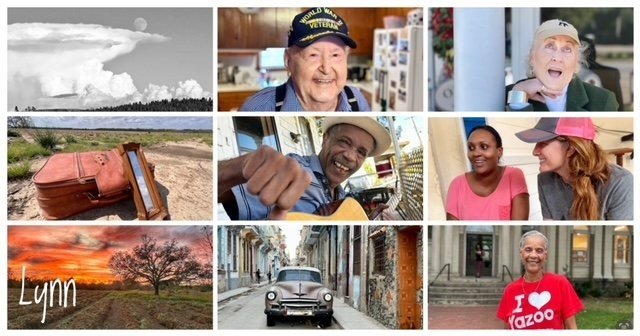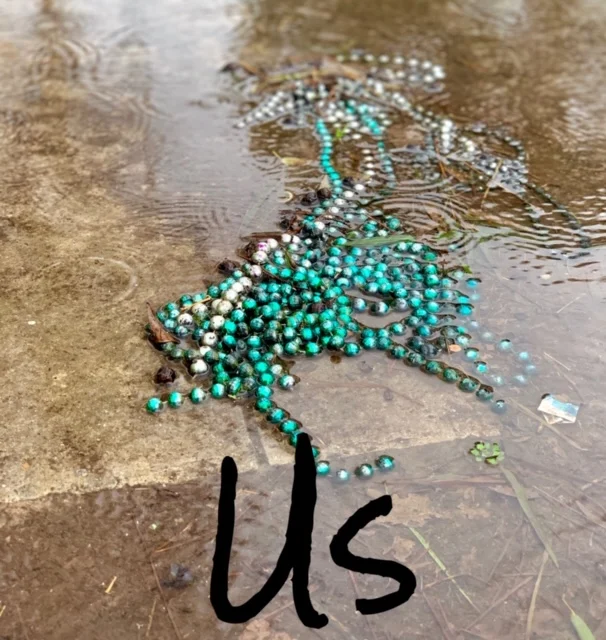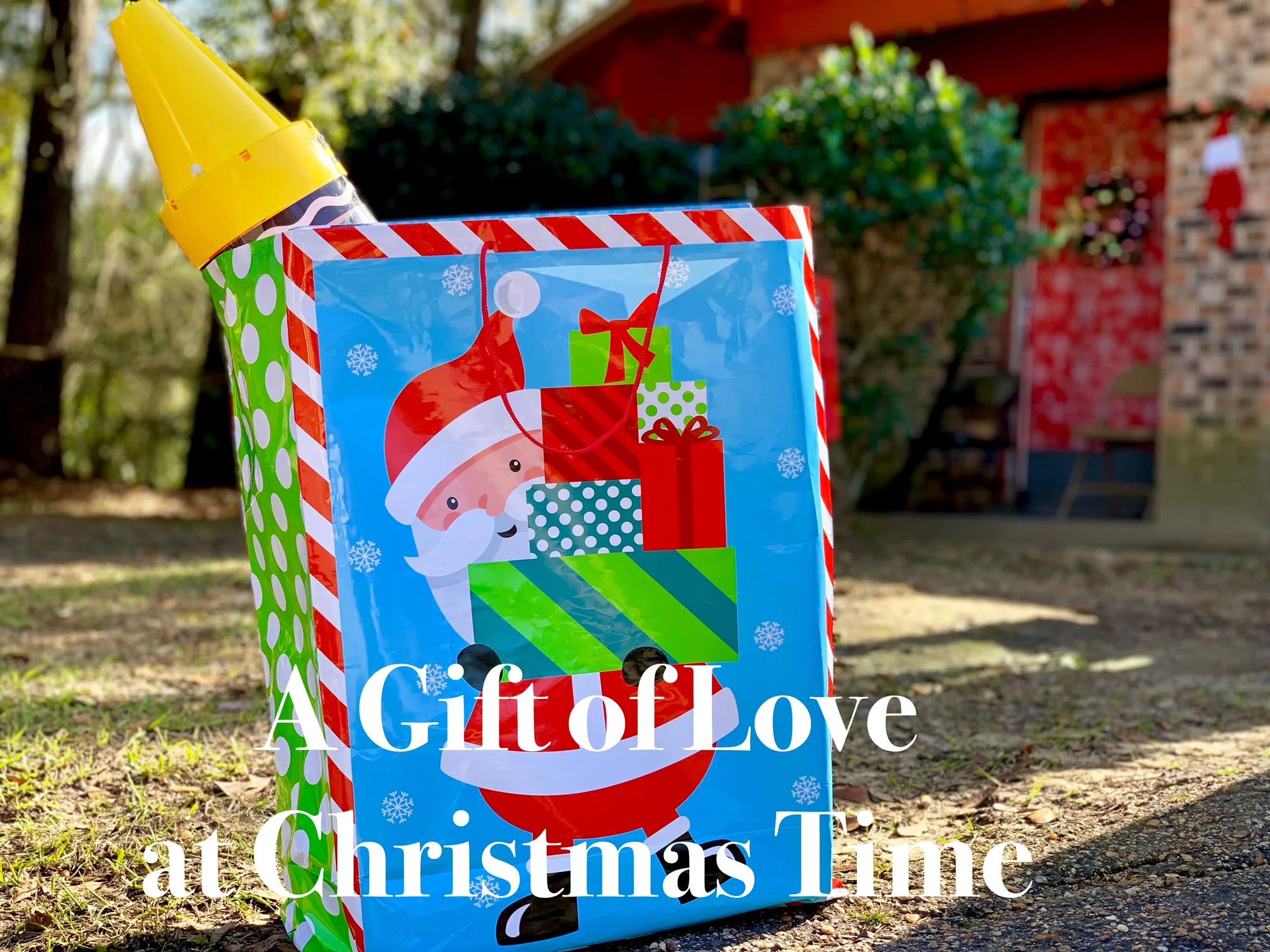Us
Us.
I felt a real "us" three times in 2018. The universal “us” with all ages, races and incomes sharing life, or a moment, together. Once was in Panama City, FL., two weeks after Hurricane Michael destroyed much of the town. The other two were during celebrations in Mobile, AL. and Lafayette, LA
In this time of eternal elections, government shutdowns and arguments over border walls, politicians and far-leaning media have narrowed “us” into people who look, think and vote like the same. Everyone else is “them” and should be feared and avoided.
In 2018, my "us" moments felt like they came from different worlds.
In Panama City, the invisible wall separating “us and them” was blown away with pine trees, roofs of homes, gas station awnings, and walls of store after store. The 130 mile-per-hour winds on Oct. 10 left behind devastation, but also united neighbors with little left but each other.
"Everyone has been nice and there is no meanness or bullying,” Mike, who owns a welding business said. I guess it takes something like this to bring us together.” He spent weeks digging through the devastation with his crew, helping neighbors and customers pull trees off of homes.
It was surprising to see the good sides of human nature again, said Cecile, president of the local League of Women Voters. "My husband is a civil rights lawyer and many of the people he works with are at the short ends of a lot of sticks. They came to help him and are working on our roof with neighbors wearing Confederate flag hats. It is a motley Peter Pan group who are oppressed and blessed, and I think this is life changing for many of us. People can be bigger than politics.”
Marcus is a cab driver who lived in a trailer park for three years before the hurricane. He didn't know his neighbors because everyone was on their own. "It has been amazing to see God's presence in this trailer park over the last weeks compared to how it used to be," he said. "We think we don't have to ask for help, that we can take care of ourselves. But a disaster humbles you to the point that you can’t do it alone. As you seek help, more people come together. We are now ‘us’.”
Acadiana, surrounding Lafayette, was built by people of all colors seeking a new home. The French Acadians were expelled from their settlement in Canada, by the British from 1755 to 1764, and were encouraged by the Spanish to settle territory west of the Mississippi River. There were also Germans, Spaniards, descendants of slaves, descendants of Indians, and people who were a mix of any of these. All living together and speaking French in southwest Louisiana.
Acadiana is a still a diverse "us" held together by food, culture, history, music and language -- even if names of people, towns and streets seem like the last places to find French today. Spoken until the 1930s, French was forced out as English was forced in.
"Since the Acadians didn't speak English, they were considered ignorant and the lowest class," explained Marie Ductoe Comeaux, owner and guide of Cajun Food Tours. "Ashamed, they stopped speaking French or passing it down to their children. But our music kept Cajun French alive, and people from the outside realized it was special. It took outsiders to make us proud of our culture again."
Cajun music not only kept the language and culture alive, it is still bringing people together. As music always does.
Visiting Lafayette the days around New Years, we went to dance halls and restaurants listening to the Cajun bands and watching dancers pass partner to partner. Spinning, gliding, stomping, and waltzing as one to fiddle and accordion. Old and young. Black and white. At a New Year's Eve celebration, a man in a wheelchair sat in the corner. Almost every woman in the room took a turn holding hands and swaying with him.
Mardi Gras is that inclusive equalizer in Mobile. I didn't grow up here, and it took time to sense the silent shift of the seasons when the MoonPie drops on New Year's Eve. The changing out of decorations from red and green to purple and gold is the annual awakening of "us." Celebrated in every neighborhood, Mardi Gras is not just for the royal courts and members of societies, but for the countless rest who may never attend a carnival ball. The ones who cookout and picnic in squares or parking lots, sharing food with strangers who pass by. Those who sit on the same corner every year and help newcomers catch more than their fair share. The native sons and daughters who bring friends from across the country so they can feel this, too.
Mardi Gras calls people home and is the reason others never leave. We dance, laugh and wave our hands in the air for worthless treasure. The streets of Mobile is the only place we want to be.
As our season of "us" returns, and we buy king cakes, place masks on front doors and hang beads from porches and trees, we don’t need a disaster to bring out the best in who we are. We have Folly, brass bands and hospitality inviting all to let the good times roll. Together.






